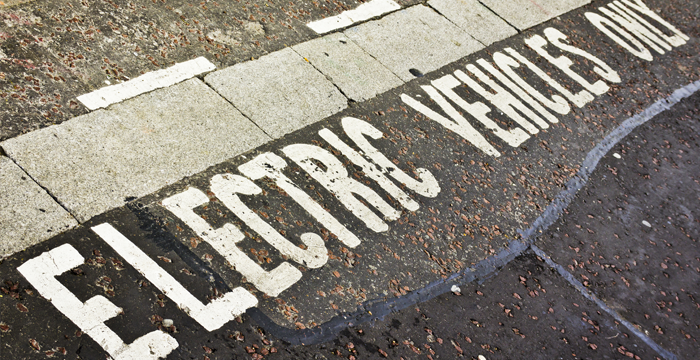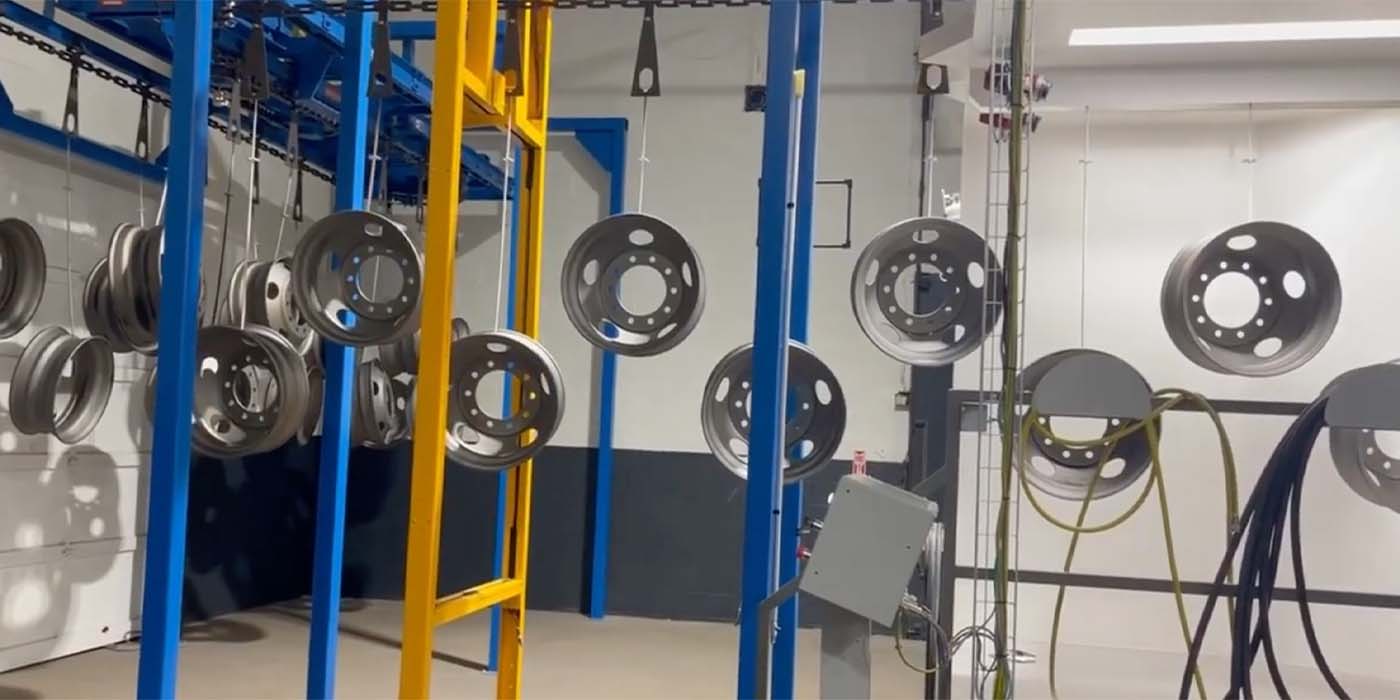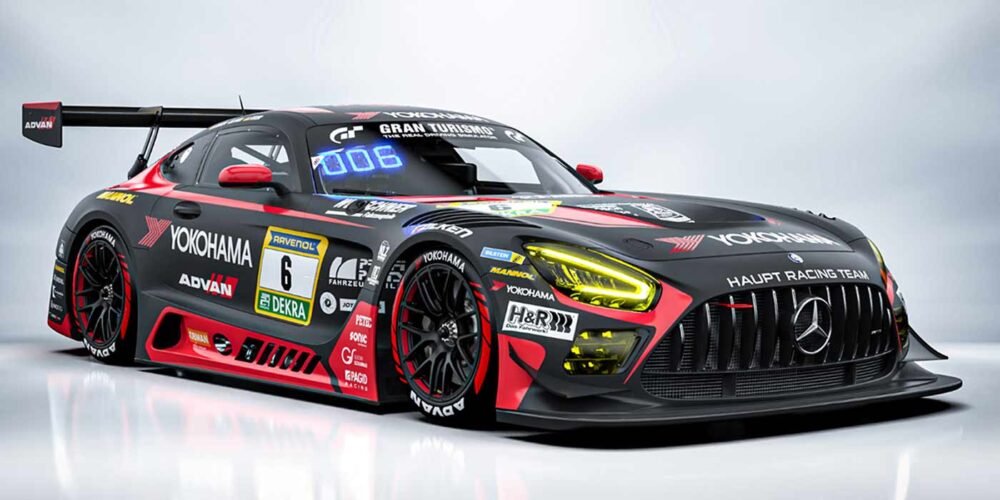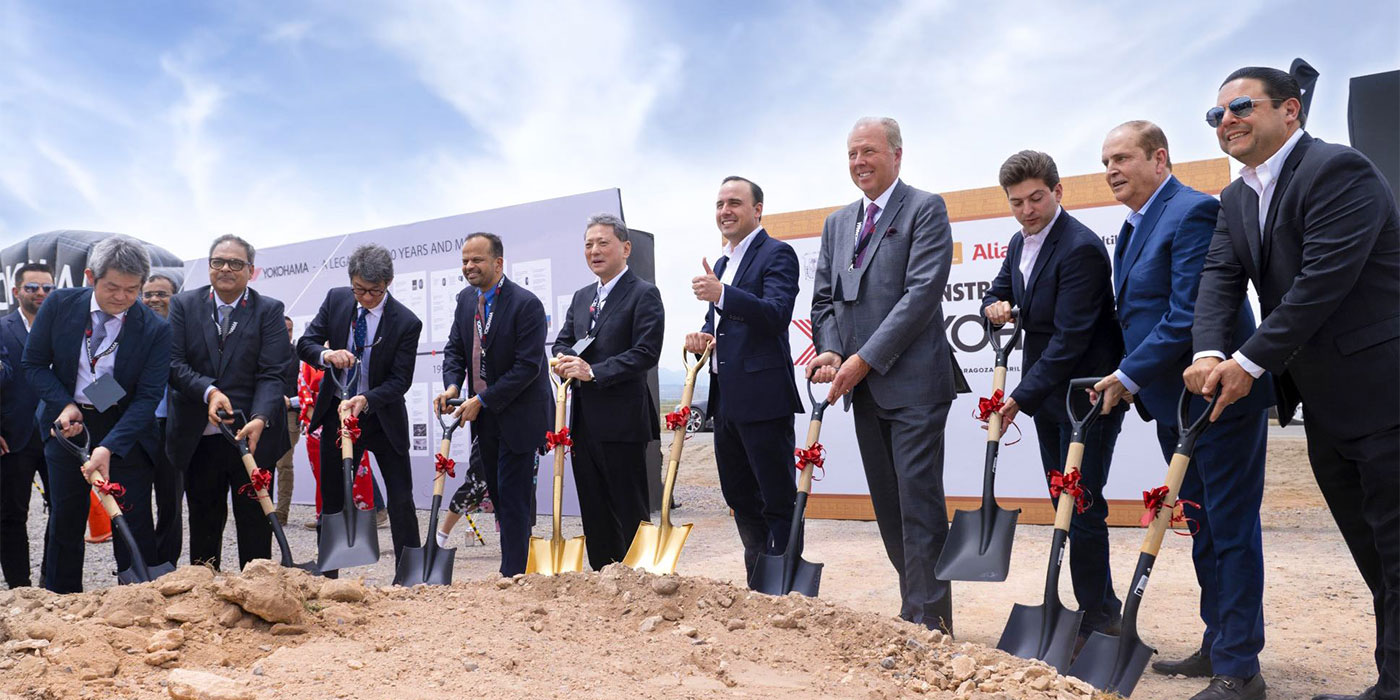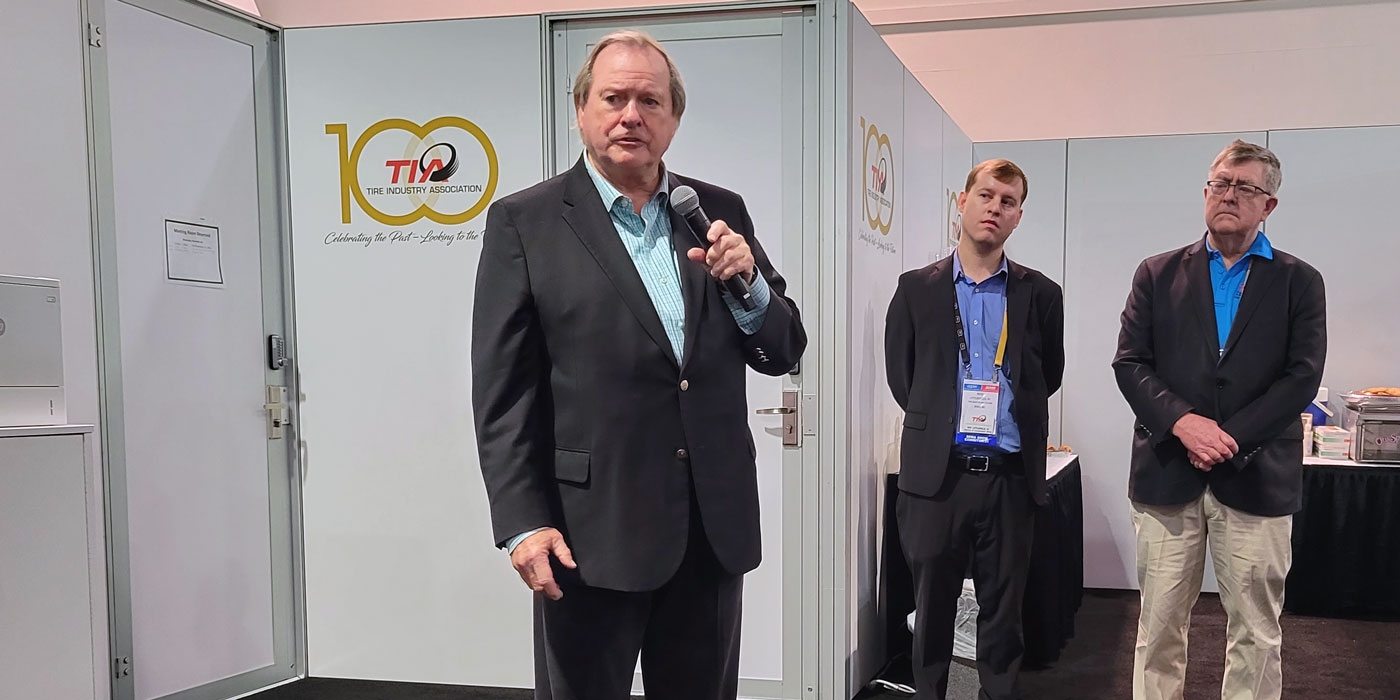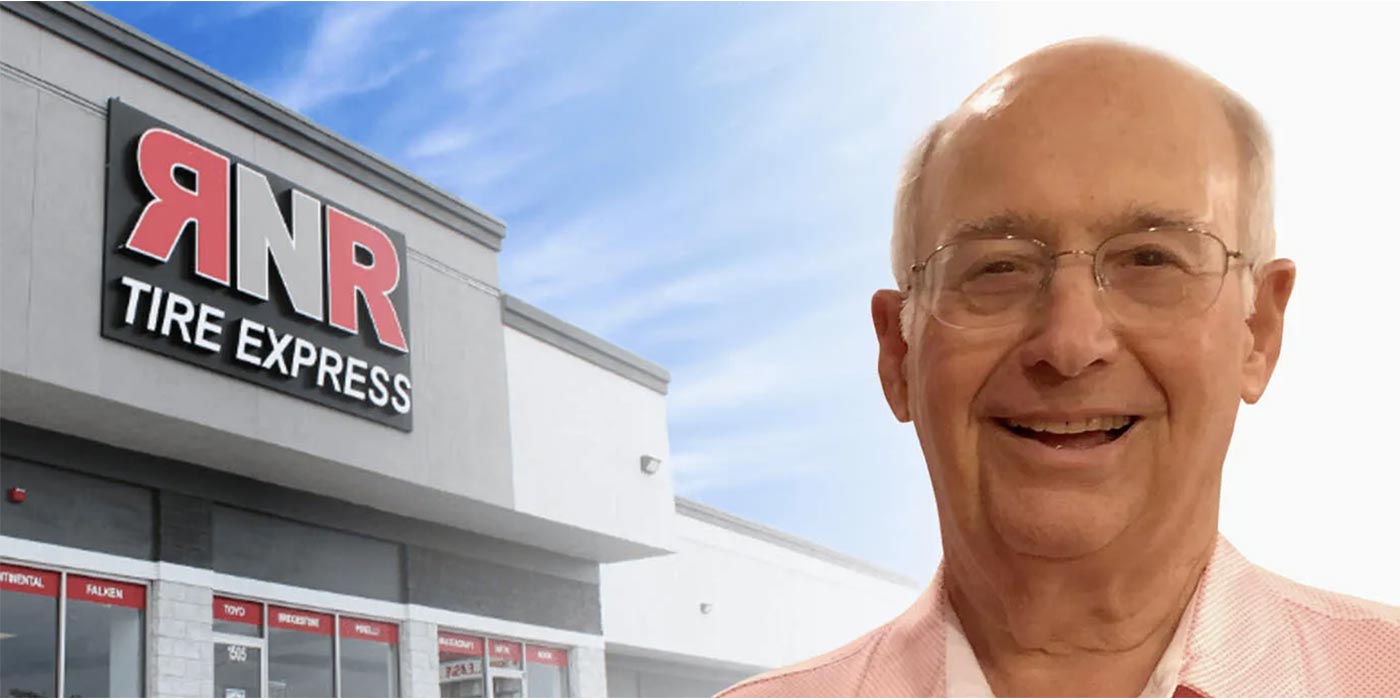Auto shoppers in America are more likely than ever before to consider buying a fully electric vehicle, and new EV entries are responsible for much of the added consideration. These new entries, many from long-established vehicle manufacturers, are turning EV skeptics into likely EV considerers, according to the J.D. Power 2022 U.S. Electric Vehicle Consideration Study.
The percentage of shoppers who say they are “very likely” to consider an EV for their next purchase or lease climbs to 24%, four percentage points higher than a year ago, the study says. Several factors are at work in promoting the increase, but the introduction of new electric models—some of which are in an important and largely untapped segment such as pickup trucks—is a primary reason for the increased consumer interest.
One hurdle to EV adoption revolves around shoppers’ living and working situations. There is a substantially higher ratio of shoppers who own their home who say they are “very likely to consider” an EV (27%) than those who rent (17%). Not only are homeowners more affluent, on average, but are more likely to be able to charge an EV at their residence. Perhaps most tellingly, 34% of those who indicate they are unlikely to consider purchasing an EV say they lack access to any charging capabilities at home or work.
The study, now in its second year, finds that the more vehicle owners drive, the more they are likely to consider an EV. While daily commuters who are encountering higher fuel prices are logical candidates to switch to EVs, those who take frequent vacations and road trips might be assumed to be less likely to adopt EVs. But, like heavy commuters, heavy road-trippers have a higher EV purchase consideration tendency than those who use their vehicles less often for this purpose. It could be an indication that frequent drivers are increasingly seeing the advantages of EVs compared with their gasoline-powered counterparts.
Still, as the number of EV models proliferates, auto manufacturers must seek to convert the large percentage of EV shoppers who say they are “somewhat likely” to consider into actual customers. The study points out a key opportunity to accomplish that: expose EVs to those shoppers who have never driven, ridden in or even sat in such a vehicle.
Echoing last year’s findings, the 2022 study reveals that firsthand experience with EVs plays an important role in purchase consideration. Only 11% of study respondents who had no personal experience at all with EVs say they are “very likely” to consider an EV. That percentage more than doubles to 24% among those new-vehicle shoppers who have simply been a passenger in an EV and rises to 34% among those who have driven an EV. Owners of EVs are also sold on the technology, as 48% of owners say they are “very likely” to consider another EV for their next vehicle purchase.
Following are key findings of the 2022 study:
- EV consideration stronger among premium buyers: Since purchase price continues to play a prominent role in the vehicle purchase process, and because EVs often have higher price tags than their gas-powered counterparts, it is not unexpected that EVs are finding more favor among premium buyers than mass-market buyers. Some 37% of premium vehicle owners indicate they are “very likely” to consider an EV for their next purchase vs. just 21% among those who currently own mass-market vehicles.
- EV consideration by owners of mass-market vehicles on the rise: Though premium vehicle owners remain more likely to consider EVs than owners of mass-market vehicles, the owners of mass-market vehicles increasingly register an interest in buying an EV. The year-over-year increase in those who say they are “very likely” to consider an EV is up to six percentage points among owners of mass-market vehicles and up one percentage point among owners of premium vehicles. This suggests some owners of mass-market vehicles are receptive to more affordable EVs.
- More information engenders more consideration: The study reinforces findings from a year ago that a lack of information about EVs is a key factor in shoppers’ rejection of them. Nearly one-third (30%) of rejecters cite a lack of information as a reason for their lack of consideration. Because firsthand experience with EV technology is still not entirely commonplace, shoppers need to be better informed about the ownership experience they offer.
- EV consideration by geographic location: It is not unexpected that new-vehicle shoppers in the West region show the highest proclivity for EV purchase. Some 31% of those in the West say they are “very likely” to consider an EV. Surprisingly, the South (26%) tops the Northeast (22%) among those who say they are “very likely” to consider an EV. The North Central is at 22%.
- Legacy automakers turn in strong showing: Owners of numerous mass market brands express an increased interest in EVs from a year ago. At the same time, owners of several premium brands, including Tesla, express somewhat less interest in making their next vehicle an EV. “Tesla remains a dominant player, but new-vehicle shoppers are proving quite willing to consider EVs from legacy brands,” Stropp said.
The U.S. Electric Vehicle Consideration Study is used to gauge EV shopper consideration. Study content includes overall EV consideration by geography; demographics; vehicle experience and use; lifestyle; and psychographics, the company says. It also includes model-level consideration details such as cross-shopping and “why buy” findings and an analysis of reasons for EV rejection. The study measured responses from 10,030 consumers and was fielded from February through April 2022.

